10 Healing Fruits That Work Like Natural Remedies—No Prescription Needed!
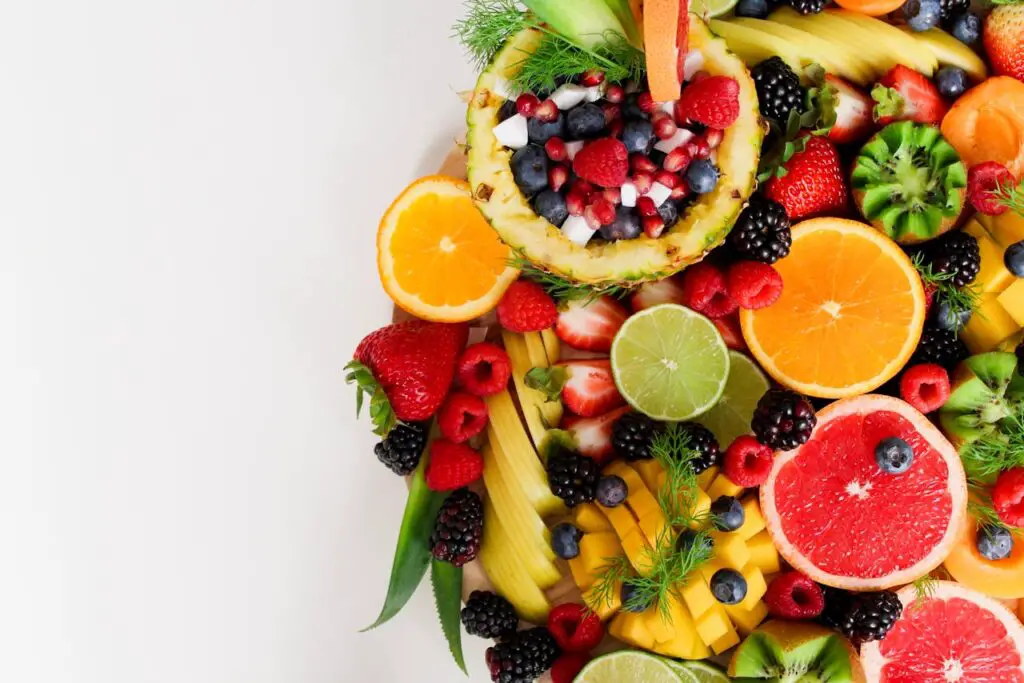
As we age, many of us begin to favor natural approaches to health and wellness. Medications have their role, but they often come with side effects and costs. That’s why more and more baby boomers are turning to food as medicine—especially fruit. These sweet, colorful powerhouses are not just tasty—they’re filled with healing compounds that can ease inflammation, boost brain function, improve digestion, and support heart health.
If you’re over 50 and looking for ways to feel better naturally, this guide is for you. Here are 10 fruits that act as natural remedies—all easy to find, delicious to eat, and loaded with real-life benefits.
1. Blueberries – Brain Booster and Heart Helper
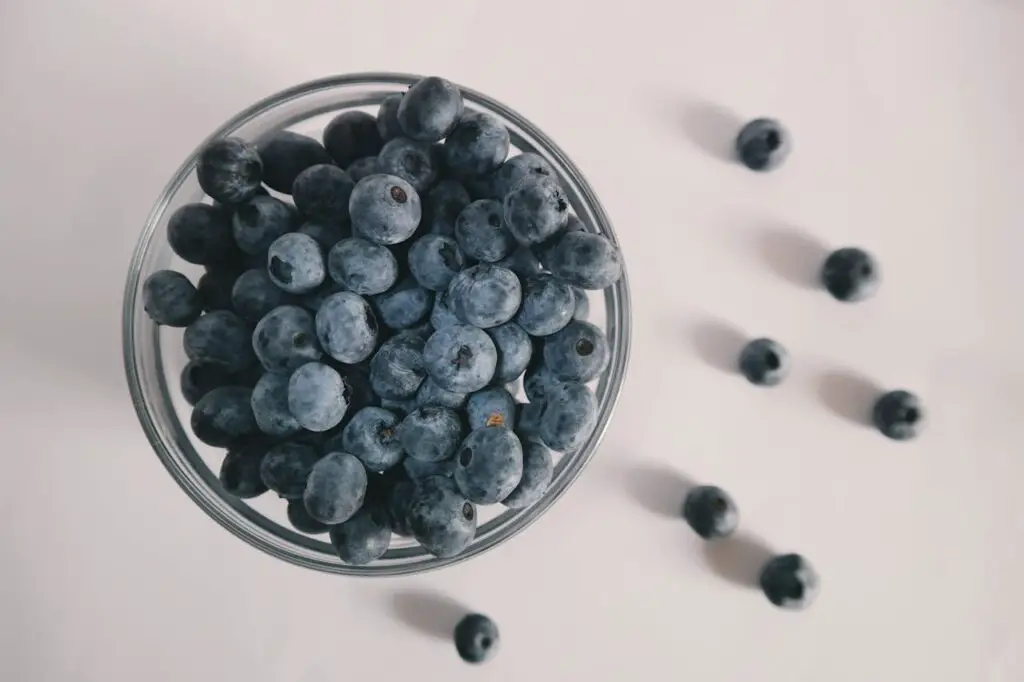
Tiny but powerful, blueberries are bursting with antioxidants—particularly anthocyanins—that help protect your brain from age-related decline. Studies have found that eating blueberries regularly can improve memory, concentration, and cognitive function in older adults. But the benefits don’t stop there. Blueberries also support heart health by improving cholesterol levels and reducing blood pressure. Whether you toss them in cereal, blend them into a smoothie, or enjoy them as a snack, this little berry does a lot of heavy lifting for your health.
2. Bananas – Nature’s Digestive Aid
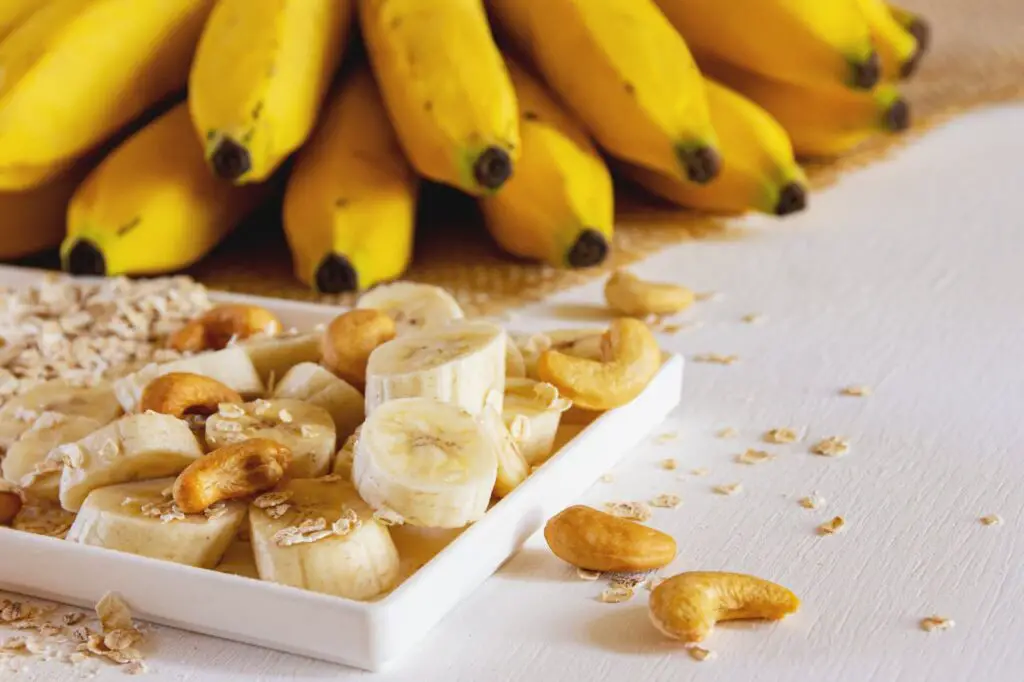
Bananas are often taken for granted, but they offer big benefits in a convenient peel-and-go package. High in dietary fiber and rich in potassium, bananas support digestive health and help prevent constipation—an increasingly common concern as we get older. They also help maintain healthy blood pressure levels and may reduce nighttime leg cramps due to their potassium and magnesium content. Plus, their natural sweetness satisfies sugar cravings in a healthy way, making them an ideal mid-afternoon energy boost.
3. Cherries – Joint Pain’s Juicy Enemy
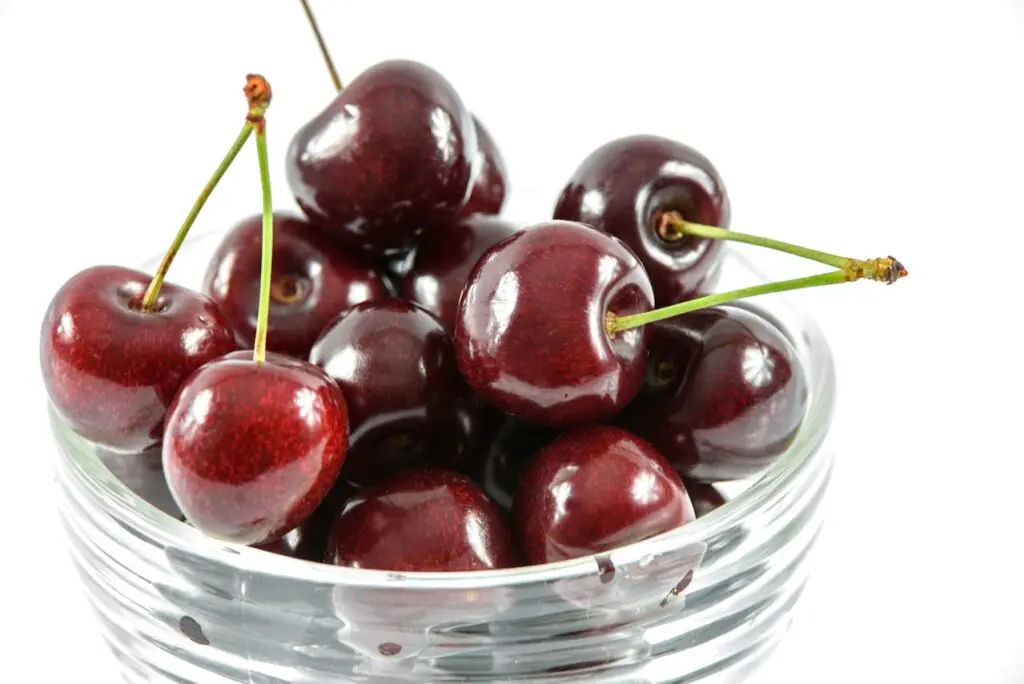
If you deal with arthritis or gout, cherries—especially tart cherries—can provide sweet, natural relief. These fruits contain anthocyanins and other compounds that have been shown to reduce inflammation and oxidative stress in the body. Studies have found that cherry juice can significantly reduce uric acid levels, which may help prevent painful gout flare-ups. A few fresh cherries or a small glass of tart cherry juice daily could become your new go-to remedy for sore joints and achy mornings.
4. Apples – Heart’s Best Friend
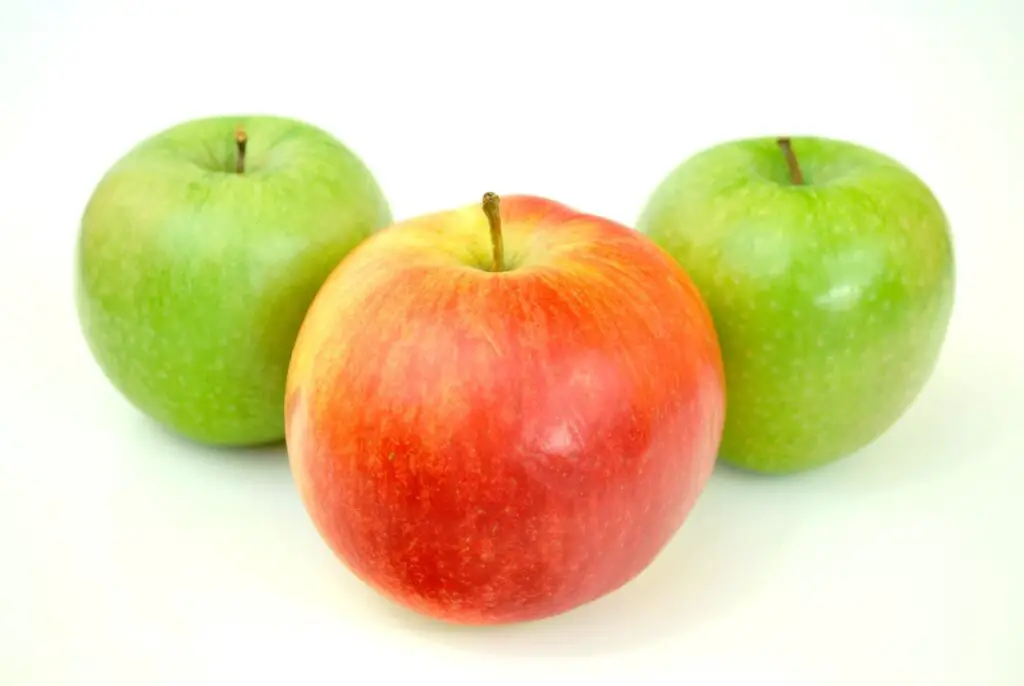
An apple a day really does pack a health punch. Apples are rich in soluble fiber, particularly pectin, which binds to cholesterol in the digestive tract and helps remove it from the body. This helps lower LDL (“bad”) cholesterol and supports heart health—an especially important benefit for people in their 50s and beyond. Apples also contain powerful antioxidants like quercetin, which fights inflammation and supports the immune system. Snack on them raw, bake them with cinnamon, or slice them into salads for a satisfying crunch.
5. Pineapple – Anti-Inflammatory Powerhouse

This tropical treat offers much more than a sweet escape—it’s loaded with bromelain, a natural enzyme with strong anti-inflammatory properties. Pineapple can help reduce swelling, support digestion, and may even speed up recovery after surgery or injuries. It’s especially helpful for those with chronic inflammation or arthritis pain. While fresh pineapple is best, even frozen works in a pinch. Just avoid canned varieties with added sugars or syrup. Add it to your morning smoothie or enjoy it as a juicy dessert after dinner.
6. Papaya – Your Gut’s Best Friend
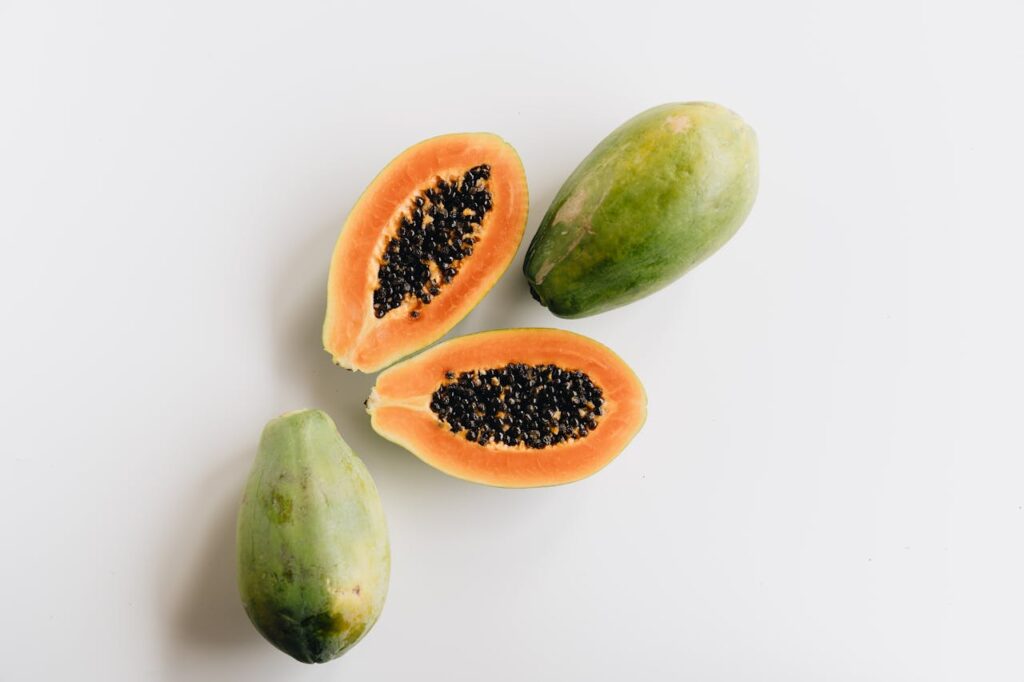
Papaya contains the enzyme papain, which supports digestion by helping to break down proteins in your stomach. That makes it especially helpful if you suffer from indigestion, bloating, or irregular bowel movements. This tropical fruit is also rich in vitamin C, vitamin A, and folate—nutrients that support immune health and reduce inflammation. For older adults prone to digestive discomfort, adding a few slices of fresh papaya to breakfast can bring gentle, noticeable relief. Plus, it pairs beautifully with yogurt and granola.
7. Avocados – The Healthy Fat Hero
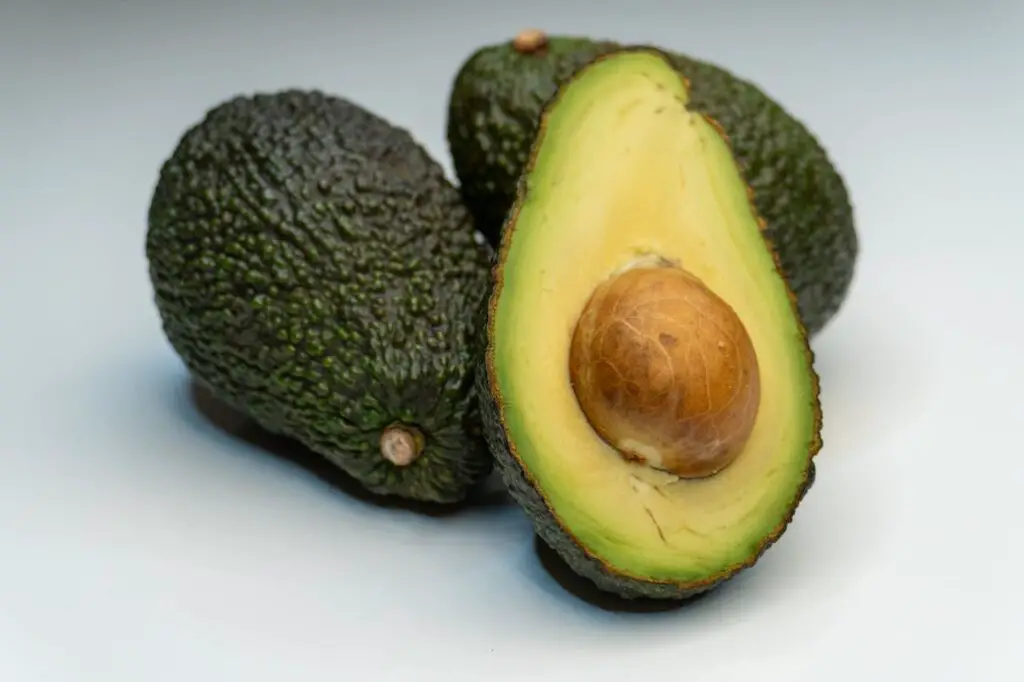
Technically a fruit (though you wouldn’t think it), avocados are loaded with heart-healthy monounsaturated fats that help lower LDL cholesterol and reduce the risk of heart disease. They’re also packed with fiber, potassium, and folate—key nutrients for keeping blood pressure in check and supporting cognitive function. If you’re watching your weight, don’t let the fat content scare you; the healthy fats in avocado help you stay full and stabilize blood sugar levels. Try mashing it on whole grain toast or adding slices to your salad for a creamy, satisfying boost.
8. Grapes – Natural Circulation Support
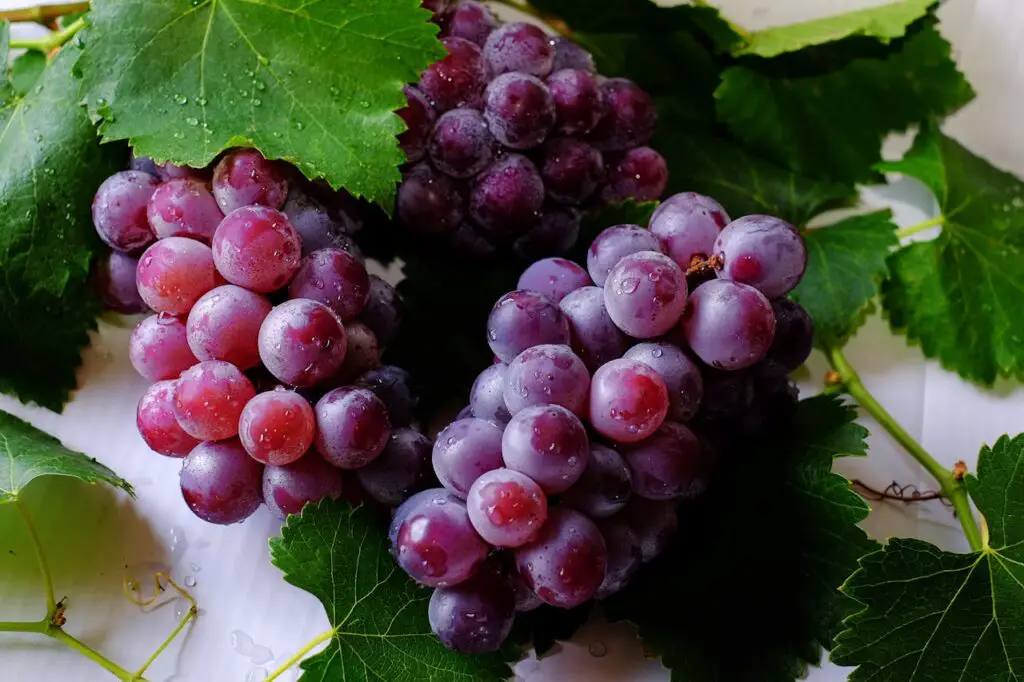
Grapes are rich in polyphenols, especially resveratrol, a compound that supports circulation and cardiovascular health. Resveratrol helps relax blood vessels, reduce inflammation, and prevent blood clots—key concerns as we age. Red and purple grapes contain the highest levels, but green grapes still offer solid benefits. They’re also high in antioxidants, which help protect against cellular aging. Freeze them for a refreshing snack or add them to chicken salad or cheese boards for a sweet contrast. Just go easy—they’re high in natural sugar.
9. Oranges – Immune System Supercharger
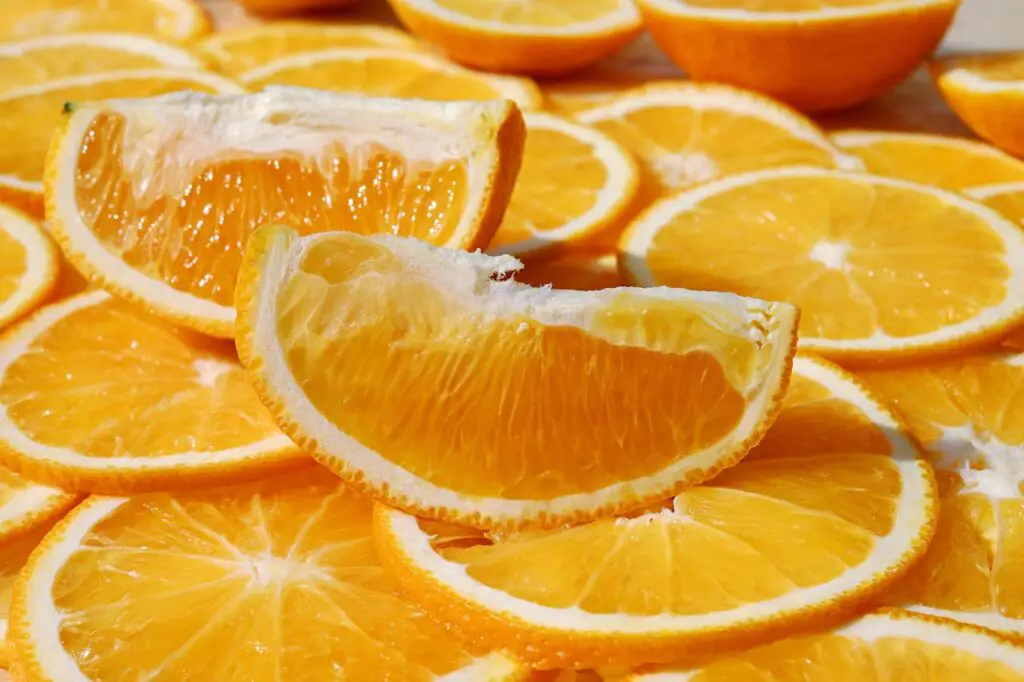
There’s a reason oranges are associated with wellness—they’re packed with immune-boosting vitamin C. But that’s not all. Oranges also contain flavonoids and fiber that support heart health, fight inflammation, and promote glowing skin. For older adults, the boost to the immune system is particularly helpful, especially during cold and flu season. Drinking fresh-squeezed orange juice is fine in moderation, but whole oranges are best because they retain the fiber. They’re easy to pack, peel, and eat—ideal for life on the go.
10. Pomegranates – Blood Pressure and Brain Booster
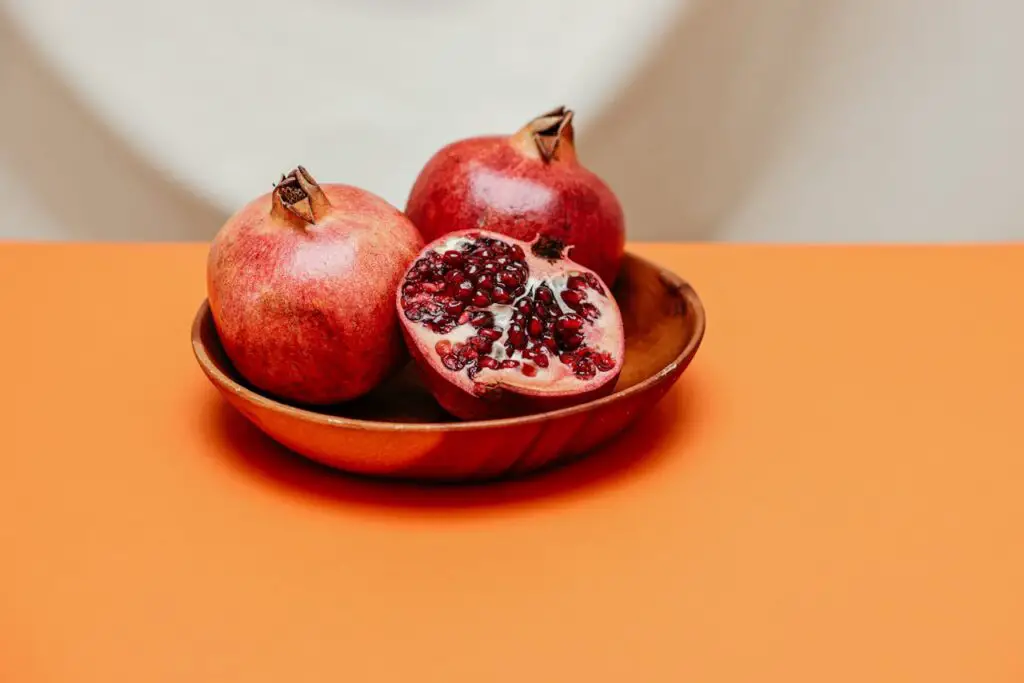
Pomegranates are a superfruit that lives up to the hype. Their juicy seeds (called arils) are rich in antioxidants and polyphenols that support heart health, lower blood pressure, and may protect against memory decline. Some research even suggests that drinking pomegranate juice can improve brain function in older adults. While removing the seeds can be a bit messy, the rewards are worth it. Add them to oatmeal, salads, or yogurt—or drink a few ounces of pure juice each day. Your brain and your heart will thank you.
Final Thoughts
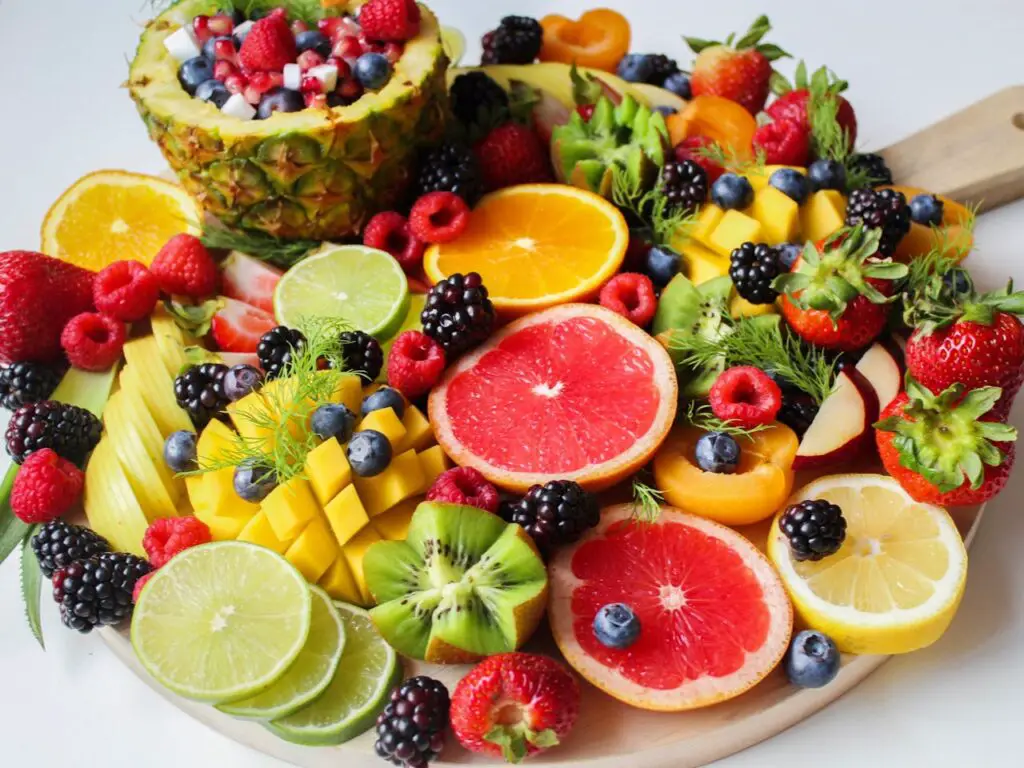
Who knew that some of the best remedies were hiding in plain sight—in your kitchen fruit bowl? As we age, prioritizing foods that heal and support our bodies becomes more important than ever. These 10 fruits are not just delicious—they’re nutritional powerhouses with real health benefits for baby boomers looking to stay vibrant and independent.
Making simple changes, like adding blueberries to your breakfast or swapping dessert for pineapple slices, can have a meaningful impact on how you feel day to day. No miracle cures, no complicated diets—just whole foods with the power to heal.
So next time you’re grocery shopping, skip the supplements aisle and swing by the produce section instead. With just a few additions to your daily routine, you’ll be supporting your digestion, heart, joints, and brain in the most natural way possible.
Leave a Reply